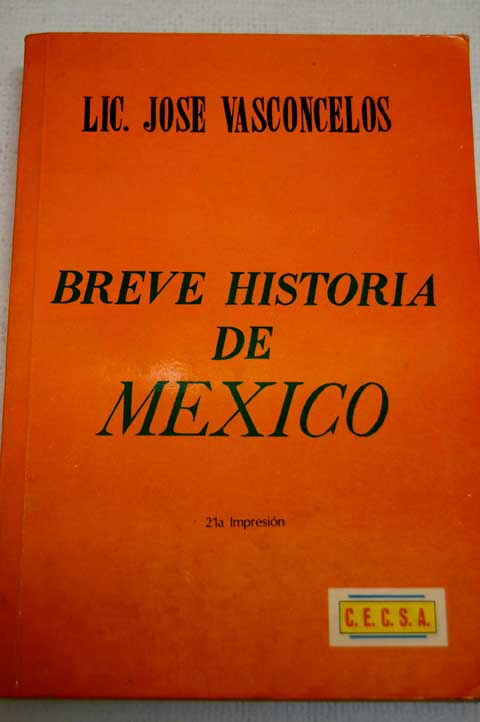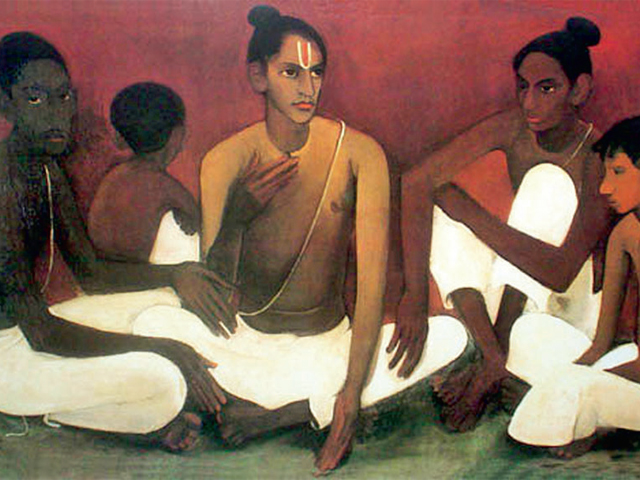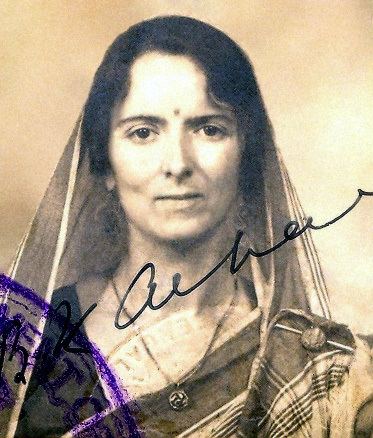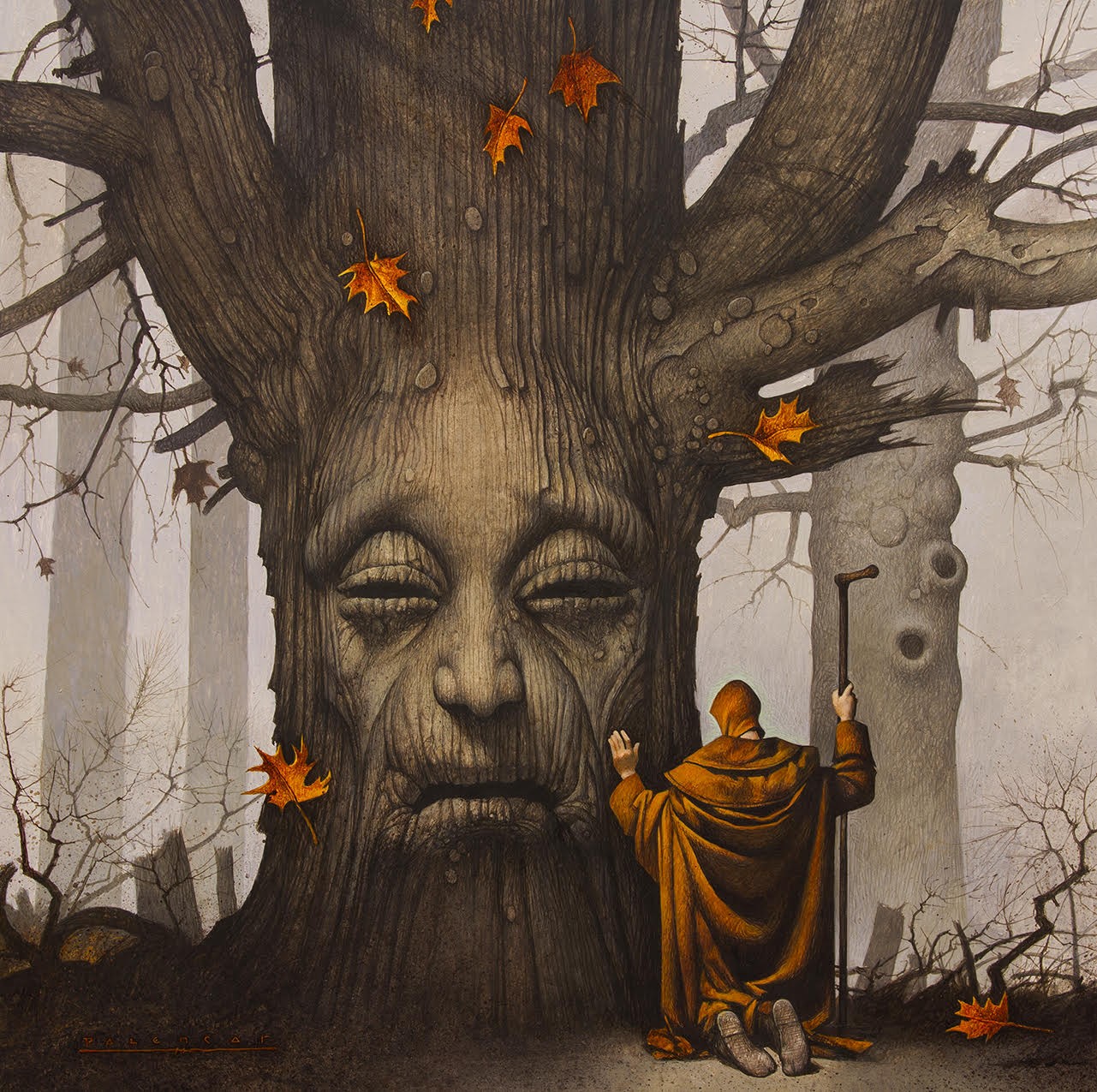Chapter IV
The contempt of the average man
‘Et la honte d’être homme aussi lui poignait l’âme’.
—Leconte de Lisle (‘L’Holocauste’, Poèmes Tragiques.)
‘This appalling logic’, said to me on October 9, 1948, Mr Rudolf Grassot, Assistant Chief of the Information Office of the French occupier in Baden-Baden, speaking of our intellectual consistency, without suspecting, for a single moment, to whom he was talking about. I have retained these words, which flatter us, among some other tributes—always unintentional—from the adversary, in Europe or elsewhere.
Few things shock me about those mammals who profess to ‘think’ as much as the absence of logic. They even stress how their superiority is supposed to give them over living beings who, they believe, are devoid of it. It shocks me, because it is a lack of agreement between the thought and the life of the same individual, even between two or more aspects of his thought itself; because it is an internal contradiction, a negation of harmony, therefore weakness and ugliness. And the more the person with whom he meets is placed in the conventional hierarchy of ‘intellectuals’, that is to say, literate people, preferably with university degrees, or technicians coming out from some big school, the more this lack of discursive capacity shocks me. But I find it absolutely unbearable in anyone who proclaims himself to be both a Hitlerite and an adherent of some religious or philosophical doctrine visibly incompatible with Hitlerism.
Why is that? Why, for example, do the millions of people who say they ‘love animals’ and eat meat so as not to look ‘special’, seem to me less irritating than the tens of thousands who say they are both Hitlerites and Christians? Are the former less illogical than the latter? Of course not! But they form a majority that I know in advance is lying, and cowardly or weak, which is almost the same thing: a majority that, despite the few interesting individuals there, I have despised since my earliest childhood, and from whom I expect nothing.
Editor’s Note: Two of my sponsors who used to send me a modest monthly amount recently stopped doing so, and they didn’t tell me why. There are many occasions when an entry doesn’t get any comments, except that of a troll who is annoyed by our Christian-wise position (just as there are Jew-wise folk): comments that I don’t let pass.
White nationalism is a Jew-wise movement but extremely unwise on the Christian question. Being the only site dedicated to adding thoughtful articles on the CQ, I doubt that it will be possible for me to continue at the current rate of posts per week if I lose more sponsors. (Remember, for example, that this series is a translation of Savitri’s book in French.) I suspect I lose them because they dislike our paradigm shift: from JQ to CQ as the primary cause of Aryan decline. And this, although the CQ and the JQ are ultimately two sides of the same coin, as we have tried to show with the essay considered the masthead of The West’s Darkest Hour, that of Judea against Rome.
American white nationalism will remain a weak movement until it recognises the Christian question. I will continue to recognise it even if this uncompromising attitude ruins me financially (which is why I call myself a ‘priest’): something that would dramatically reduce the number of articles per week, as I would have to look for a regular job.
Savitri continues:
The latter are my brothers in the faith, or those whom I have hitherto believed to be such. They form an elite that I have loved and exalted because they wear, today as yesterday, the same sign as me—the eternal Swastika—and claim to have the same Master: an elite from whom I expected, as a matter of course, this perfect harmony of thought with itself and with life, that absolute logic that one of our enemies, without knowing me, described before me as ‘appalling’ on 9 October 1948, the forty-first anniversary of the birth of Horst Wessel.
Illogic is either stupidity or bad faith or compromise—stupidity, dishonesty or weakness. However, a Hitlerite cannot, by definition, be stupid, dishonest or weak. Anyone who is afflicted with any of these three disqualifications cannot be counted among the militant, hard and pure minority, dedicated body and soul to the struggle for the survival and the reign of the best—our struggle. Unfortunately, it has been necessary—and will be necessary for a long time yet if we want to act on the material level—to accept, if not the allegiance, at least the services of a crowd of people who, seen from the outside, appeared and sounded Hitlerites, but who were not and are not, could not and cannot be, precisely because of the lack of consistency inherent in their psychology.
What to do? They were and are—and will be for a long time to come—the numbers and the money, which no movement with a programme of action can entirely do without. They must be used, but without placing too much trust in them. You should not argue with them because if they are stupid, it is useless; if they behave in bad faith, neither is it. And if they are weak, the revelation of their inconsistency may have the opposite effect on them to that which one would have wished.
As soon as Hermann Rauschning realised that he could not be a Hitlerite and a Christian at the same time, he chose Christianity, and wrote the virulent book, Hitler Told Me, which the enemy hastened to translate into several languages. Less wise, he would never have realised it, and would have continued, like so many other brave average Christians, to lavish on the cause of Germany, and beyond it, the Aryan cause, all the service they could. Rauschning was one of those who should have been left to sleep.
So many asleep, or logically inconsistent, people are on the practical level more useful than we, the small core of uncompromising militants! In his letter of 26 June 1966, the late G.L. Rockwell, the leader of the American National Socialist Party[1] who was destined fourteen months later to fall to an assassin’s bullet, wrote to me, among other things:
An analysis of our income shows the incontrovertible fact that the vast majority of our money comes from devout Christians. People like you cannot send a cent, and more than likely need help yourself. This is meant as no insult, simply a dramatic example of exactly what I mean in terms of practical results, which is what I have aimed for, rather than the position of ivory tower philosopher.
In short, without ammunition, even the greatest general on earth would lose a war. And if the people who have a monopoly on the ammunition require me to say “abracadabra” three times every morning in order to get enough bullets to annihilate the enemy, then, by God, I will say “abracadabra” not three times, but nine times and most enthusiastically, regardless of whether it is nonsense, lies, or what it may be.
Once we have achieved power, it is an entirely different matter. However, I will point out that, even the Master Himself did not go overboard in the direction you indicate. There can be no question that He agreed with you—and with all really hard-core National Socialists. But He was also a realist and a damned SUCCESSFUL one at that.
Rockwell was replying to my letter of 26 April 1966, in which I had very frankly expressed my disappointment at reading some issues of the monthly Bulletin of the American National Socialist Party. (In one of these there were three symbols, side by side, in three rectangles, each with a word of explanation: a Christian cross, ‘Our Faith’!, a flag of the United States, ‘Our Country’, and finally, a swastika, ‘Our Race’.)
He was responding to my criticisms, my doctrinal intransigence, my demand for logic. And, from a practical point of view, he was a hundred times right. He who gives a hundred dollars to the NSWPP is certainly more useful than he who writes a hundred lines not of ‘propaganda’ (adapted to the immediate concerns and tastes of a majority of people at one point in time), but of truths; of propositions whose intrinsic value will be the same ten thousand years from now, and ten thousand times ten thousand years from now, and always, and which justify our struggle of yesterday, today and tomorrow.
But there is more. The man and woman of good Aryan blood who, alas, ardently hate both our Führer and ourselves but have a child destined to be, one day, one of us, are even more useful than the individual who gives our activists his financial support. Goebbels’ parents, who had no sympathy for the Hitler Movement, did more for it, simply by having this son, than did the German magnates who (without knowing more what they were doing than the ‘devout Christians’ of the USA whom Rockwell mentions in his letter) financed the National Socialists’ election campaigns from 1926 to 1933. In fact, each is useful in its own way. Moreover, there are services of such a different nature that they cannot be compared. Each has its value.
Nevertheless, I reread with pride the sentence that Rockwell wrote to me a little over a year before his tragic death: ‘the Master Himself [the Führer] did not go overboard in the direction you indicate. There can be no question that He agreed with you—and with all really hard-core National Socialists. But He was also a realist and a damned SUCCESSFUL one at that’, whereas I, his disciple, am not.
I am not a leader. And didn’t the Führer himself at times, by making some of his most far-reaching decisions, placed the appalling logic of our Weltanschauung above his immediate material success? What else did he do, for example, when he attacked Russia, the citadel of Marxism, on June 22, 1941? or already by refusing Molotoff’s proposals on November 11, 1940? (Exorbitant as these were, accepting them would have been, it seems, less tragic than risking war on two fronts).
__________
[1] The ANP, which later became the NSWPP (National Socialist White People’s Party).








